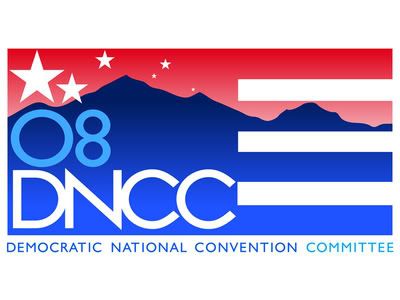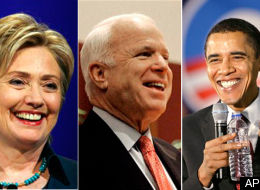



The news lately about this election has not really been about the close race, or the fact that in less than a week a toss up state in Indiana will have their turn to vote in the race for the Democratic nomination, but rather it has been about religion. The whole controversy is over comments made by Obama's (now former and estranged) pastor, Jeremiah Wright. These comments were anti-American comments and some say that Obama did not to a well enough job in repudiating these comments. However, just yesterday, Obama basically split with Wright, saying he was shocked and appalled at his comments from earlier in the week. Overall, this may hurt Obama, but as many of times before, big issues one day are yesterday's news the next day. With this controversy with the Pastor Wright in the news today, I bet a lot of people have forgotten the whole deal with the rumor that Obama is actually a Muslim.
All of this hoop la around the religion controversy reminds me of the 1976 election with Jimmy Carter. In that campaign, Carter, who is a devout Southern Baptist from Georgia, did an interview with Playboy Magazine about religion. In it, Carter said that any man who looks and lusts for another woman, even in their own mind, is committing adultery, and that he was guilty of that sin. He then said that he was forgiven by Christ. The headlines in the news in the next few days read that "Carter Sinned" and "Carter Lusts For Other Women." This hurt his poll numbers and his standing among the public (sort of like what is happening to Obama right now), however Carter ended up winning the election of 1976 regardless.
Sources from:
http://www.sfgate.com/cgi-bin/article.cgi?f=/c/a/2008/04/30/ED2010DQND.DTL
http://www.nytimes.com/2008/05/01/us/politics/01obama.html?ref=us








































